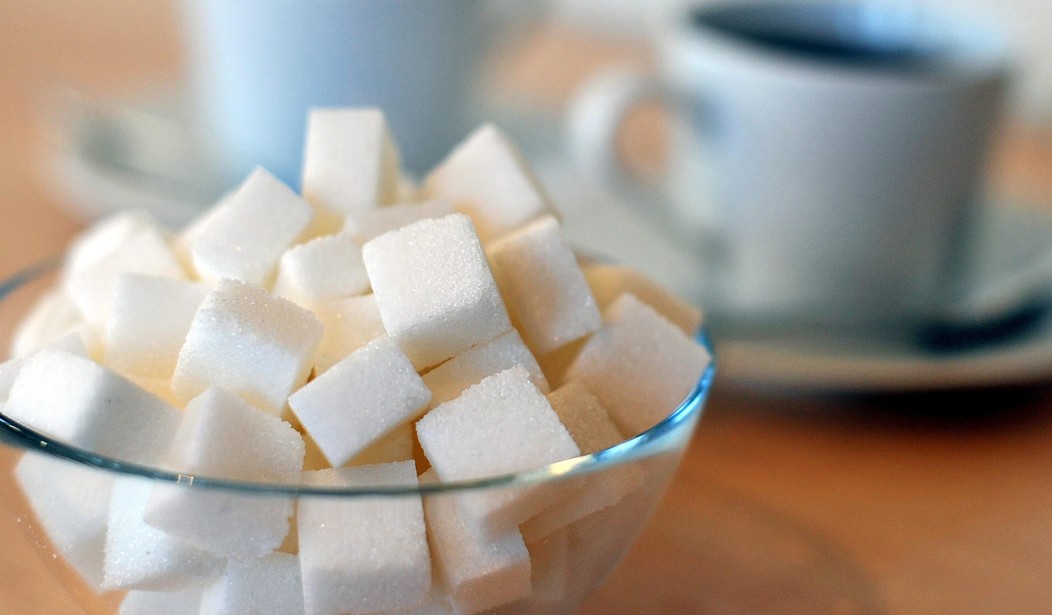Beverage companies are considering a lawsuit against the British government over their impending, controversial sugar tax. The companies are waiting for more information about the tax, which is scheduled to go into effect in 2018. The cost to implement the tax is estimated to be £1B, almost double the revenue the tax is expected to bring in to the treasure chest.
These do-gooder exercises always cost more than they’re worth, but government nannies never learn.
The new tax will add 24p a litre to soft drinks with the highest sugar content, a cost that could be passed on to shoppers through higher prices, meaning inflation would rise.
The tax is estimated to generate £520m ($746m) in its first year.
“This just reaffirms our view that this tax is ill-considered. The evidence does not suggest it will be effective and taxpayers will be left paying a heavy price for it,” said Gavin Partington, director general of the British Soft Drinks Association.
The yet-to-be-implemented tax is already hurting businesses. “The announcement of the sugar tax led to sharp falls in the share prices of major drinks companies, such as Britvic, the maker of Robinson, and AG Barr, the maker of Irn-Bru.”
The beverage companies could file a suit in European courts “on the basis that other types of food and drink – such as fruit juice and milkshakes – are not included. Similar taxes in Scandinavia have been successfully challenged.” The companies are ruling nothing out. “At this stage all options are on the table. We need clarification about how this tax is going to work, exactly what’s excluded and what’s not. Nothing can be ruled out at this stage,” said Partington.
The government defends its industry-crippling tax.
A HM Treasury spokesperson said: “He introduced a new levy on the soft drinks industry to pay for a doubling of dedicated sport funding for every primary school in the country, a huge expansion of breakfast clubs to ensure that every child gets the best start to the day, and new funding for a longer school day.
“The chancellor also made clear that this was a policy aimed at driving meaningful change. The new levy will not be introduced until 2018, giving companies plenty of time to change product mix and reduce sugar content.”
Close your eyes, open your wallet and think of England, I guess.









Join the conversation as a VIP Member